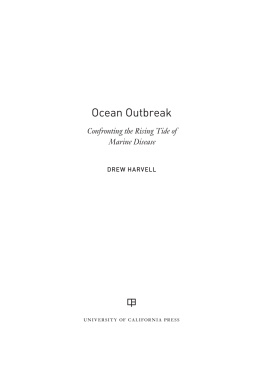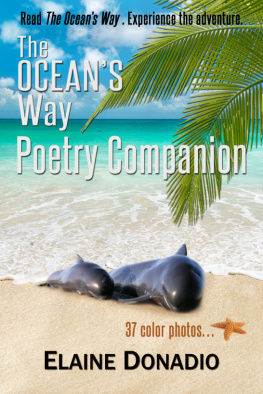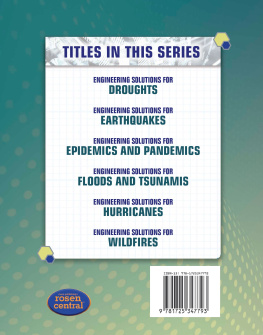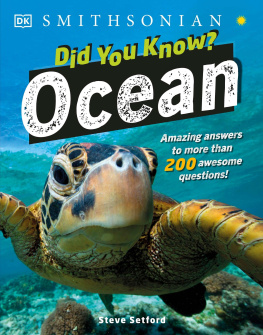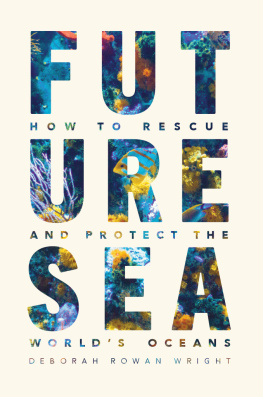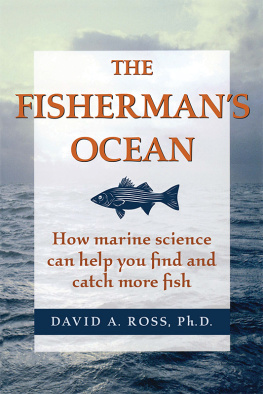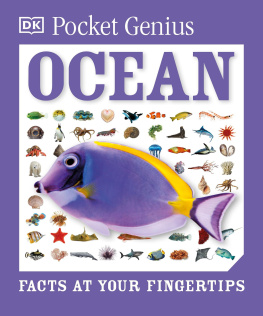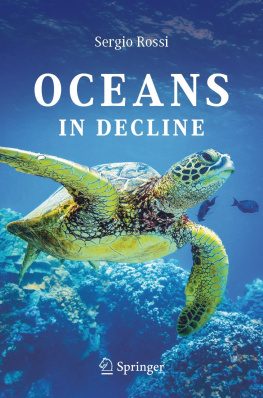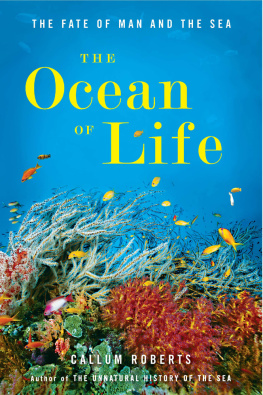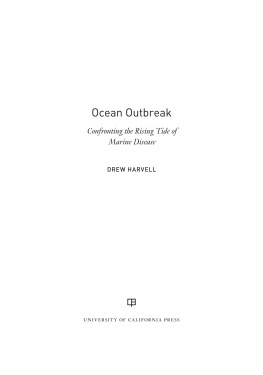Preface
In the aftermath of a devastating outbreak that brought ocean disease to the public eye in 2015, I was invited to organize an Ocean Outbreaks Day during which members of Congress would be briefed on growing threats to organisms in our coastal waters. Our team of four scientists traveled to Washington, DC, and gave talks on diseases that were plaguing reefs in Florida and Hawaii, impacting oyster fisheries in North Carolina and elsewhere along the eastern seaboard, threatening lobster fisheries in Long Island and Maine, and causing harm to salmon fisheries in Washington and abalone in California. Throughout our presentations we emphasized how disease outbreaks in US coastal waters had economic consequences.
There was keen bipartisan interest in ocean health that day. However, the questions we received from lawmakers and their staffers revealed to us a large information gap. Those from ocean states were knowledgeable about some issues affecting the sustainability of our oceans. They were aware of overfishing and the need for a restructuring of fisheries management. They knew about nutrient pollution and eutrophication and the dangers of polluting the oceans with both large plastics and insidious micro-plastics. They had concerns about the emerging problem of ocean acidification and its effects on organisms that make calcareous shells. Even if the impacts still seemed far off, staffers and legislators from Hawaii and Florida were aware that warming temperatures were bringing devastation to coral reefs around the world. But few people in the hearing rooms were more than vaguely aware of the rolling tide of new disease outbreaks that is affecting marine organisms around the world. They did not know that warmer and more polluted ocean waters are allowing many infectious pathogens to thrive while at the same time weakening marine creatures abilities to withstand disease.
Most policymakers we briefed had never thought about what would happen to their states economies if warming oceans made for sicker marine organisms. They were clearly concerned, and it was motivating to see them respond constructively. Their excitement was palpable as staffers brainstormed about new legislation focused on ocean health. Many of them indicated their support for a new bill introduced by Congressman Dennis Heck of Washington, the Emergency Marine Disease Act (which ultimately failed to pass).
In that moment, I realized the urgent need for scientists to communicate to citizens and policymakers what we are learning about marine disease. We need to tell the stories of what we discover in the lab and the field. We need to translate our data and findings into forms that make the public more aware of the seriousness of the threats that ocean pathogens pose to our food supplies, economies, livelihoods, and health. We need to propose ways to protect the health of the oceans and better manage our impacts. That was the moment I resolved to do my part in this effort. After much reflection, I decided that a book detailing my experiences with four recent and serious disease outbreaks might be the best way to raise public awareness of the threat of marine diseases and motivate others to take action.
It takes a village to write a book like this and I am grateful to my friends, colleagues, and family members for their help and encouragement. My son Nathan, himself a writer, helped with hours of editing and ideas in the formulation, proposal writing, and early versions of the book. My daughter Morgan commented on the corals chapter. My husband Chuck listened patiently, advised on oceanographic issues, and helped brainstorm titles and frame ideas.
Substantive early help came from Steve Palumbi and Peter Sale, who read and advised on an early version. Developmental editor Eric Engles read every word twice and was a constant force in helping me translate my ideas from the ivory tower to a place closer to real lives.
The people in my research lab at Cornell have been mainstays of help, guidance, and fact-checking. Phoebe Dawkins edited, suggested good ideas and new wording, fact-checked, prepared literature lists, corrected spelling, prepared figures, and advised on maps, all with genuine enthusiasm and unceasing encouragement. Putu Dawkins drew the maps. Allison Tracy read, revised, and made suggestions on several chapters, including those about corals and salmon and the final chapter. Morgan Eisenlord helped with the starfish chapter and Olivia Graham with the final chapter. Joleah Lamb provided help on both the corals chapter and the final chapter. Cornell undergraduates in my research apprenticeship semester also commented on some sections.
My colleagues were generous with their time, helping me with fact-checking and related matters. Colleen Burge reviewed the chapters on abalone and starfish. Ian Hewson reviewed the starfish chapter; Carolyn Friedman and Brian Tissot the chapter on abalone; and Maya Groner, Paul Hershberger, and Kim Sundberg the chapter about salmon. At the eleventh hour, Scott Schwinge and Joe Gaydos read the entire book and helped weed out many extra references.
I am grateful to the team at the University of California Press: Kate Marshall, for supporting the concept and the book from the beginning; Dore Brown, for shepherding the book through the production process; and Jan Spauschus, for thoughtful copy editing.
I appreciate National Science Foundation funding of our Ocean Health Research Coordination Network. Ocean Outbreak communicates themes developed over the five years of that project and the views of the many scientists involved. Funding from the Atkinson Center at Cornell, the Nature Conservancy, and the Environmental Defense Fund facilitated the work in Indonesia and Myanmar.

